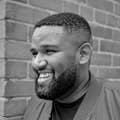The Big Leap
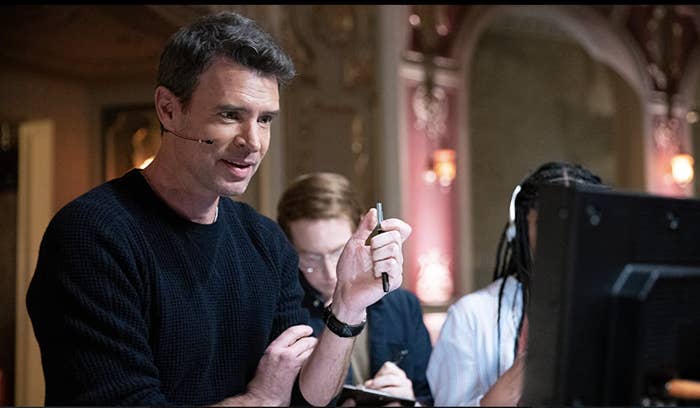
Based on a British series called Big Ballet, this charming Fox hourlong dramedy is a great palate cleanser, with just the right amount of cheese. A group of disparate has-beens: Gabby (Simone Recasner), a plus-size single mom who once dreamed of going to dance school; Justin (Raymond Cham Jr.), a former break-dancer who works in a bowling alley; Julia (Teri Polo), an uptight fiftysomething influencer mom whose husband has a porn addiction; Mike (Jon Rudnitsky), “a disenfranchised white guy” who was recently laid off from his factory job; Paula (Piper Perabo), a cancer survivor who inadvertently laid off Mike; and Reggie (Ser'Darius Blain), a former NFL star with a drinking problem, all audition to be part of a reality TV series in which a group of amateur dancers will eventually perform Swan Lake. Scott Foley plays the slimy executive producer trying to amp up the drama, and Kevin Daniels and Mallory Jansen round out the cast as the judges. The dance numbers are fun, and the diverse cast is easy to root for. If you’re looking for something earnest and heartfelt; this show is it. —Tomi Obaro
Dr. Brain
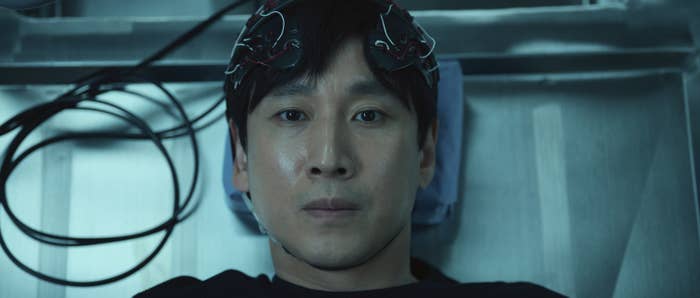
Monsters, mysteries, and morbid preoccupations — if any of these things puts you off, then Apple TV+’s Dr. Brain isn’t for you. But if you’re craving a high-concept, low-commitment series, the six-episode thriller could be worth your while.
The basics are easy: Dr. Sewon Koh (Lee Sun-kyun) is a brilliant neuroscientist who has discovered a method of transmitting memories from one mind to another. When a suspicious accident affects his family, he uses the technique to follow every breadcrumb that might explain what really happened. This show really isn’t about science — any ethical and technical issues around the brain procedures are quickly done away with. Instead, the sci-fi premise simply raises the stakes and possibilities around a more relatable human pursuit: The quest for understanding the inexplicable, which can mean everything from a sudden tragedy to the secrets of the people we love.
Directed by filmmaker Kim Jee-woon, Dr. Brain is prestige-level stylish, which distracts from its more cartoonish aspects. (Some of the midseason CGI effects are almost offputtingly silly.) Tonally, it’s not dissimilar to recent thriller The One, which also posed a near-future “what if,” but ultimately focused more on character-driven suspense. “Thriller” feels most apt, but you’re never quite sure where the show is going: He can read memories? Those people are dead? Is that a creature or something? In our Peak TV glut, it’s refreshing to see genre so destabilized. But Dr. Brain is also satisfyingly menacing, ultimately driven by questions that are quite straightforward: How far would you go for someone you love? And what about for knowledge itself? —Estelle Tang
Where to watch: Apple TV+
The Shrink Next Door
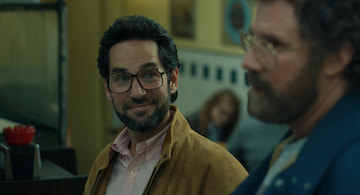
How do you take a hit podcast based on a heartbreaking true story and turn it into a TV series? Here’s one approach: You pair the material with two of the most talented actors working in comedy right now, and immediately subvert everything we expect from them. It helps, too, when you have a writer who has worked on the best show on TV. The Shrink Next Door, based on the gripping podcast by the same name, stars Paul Rudd and Will Ferrell in roles you’ve never seen before. At the behest of his sister Phyllis (Kathryn Hahn), Marty Markowitz (Ferrell), an extremely shy man, goes to see Dr. Ike Herschkopf (Rudd) to seek help. Almost immediately, Marty gets some relief for his nervousness. But then the relationship between therapist and patient quickly begins to morph into something else, as the doctor begins to transgress boundaries.
Shrink works because it knows what you’re expecting from Ferrell and Rudd, and deftly plays with those expectations. But their history serves Shrink well: The pair are actors who can find the comedic notes in just about anything, even in moments of deep sadness. Writing for Shrink’s eight episodes is handled by Georgia Pritchett (Succession, Veep), and my only complaints are that it occasionally lingers on some themes for longer than necessary and doesn’t make use of Kathryn Hahn’s talents nearly enough. Overall, this show is sure to alter your ideas of what Ferrell and Rudd are capable of. —Elamin Abdelmahmoud
Where to watch: Apple TV+
Insecure (Season 5)
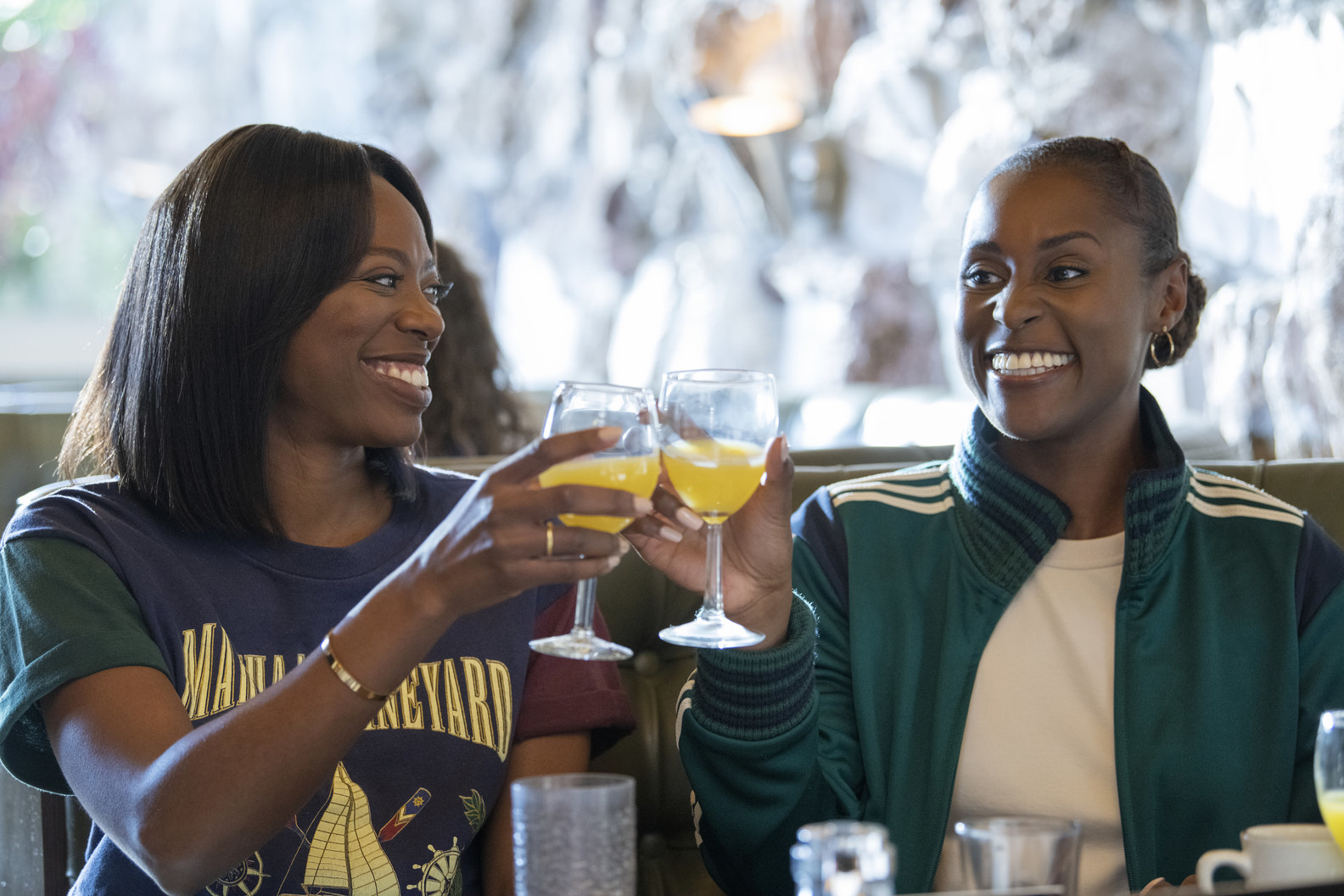
I have been waiting patiently for the final season of Insecure since the explosive Season 4 finale, in which Issa’s (Issa Rae) on-again, off-again boyfriend Lawrence (Jay Ellis) finds out his former girlfriend is pregnant just as the pair seemingly finally got it together to make it work. Do I want them to work? No. I prefer her with Nathan (Kendrick Sampson). But it’s fine, because I’m here for the women, and their friendships, and all the complications that come with being a woman in your 30s trying to have it all while knowing very well it’s an unattainable goal.
When we meet Issa, Molly (Yvonne Orji), Kelli (Natasha Rothwell), Tiffany (Amanda Seales), and Derek (Wade Allain-Marcus) — looking back at their college years at an alumni event at Stanford — they’re a little worse for the wear. But it’s clear they’re ready for some major introspection after the personal reckonings, still unfolding, that come from broken relationships, postpartum depression, and professional falters. They’re no longer in their late 20s and the moves they make now have even bigger implications. Which isn’t to say they aren’t still messy, or confused, or having fun. But against a backdrop of a stunning Los Angeles — yes, I’m biased because I live here — their growth and change is exactly what I’m watching for. —Karolina Waclawiak
Where to watch: HBO Max
The Morning Show (Season 2)
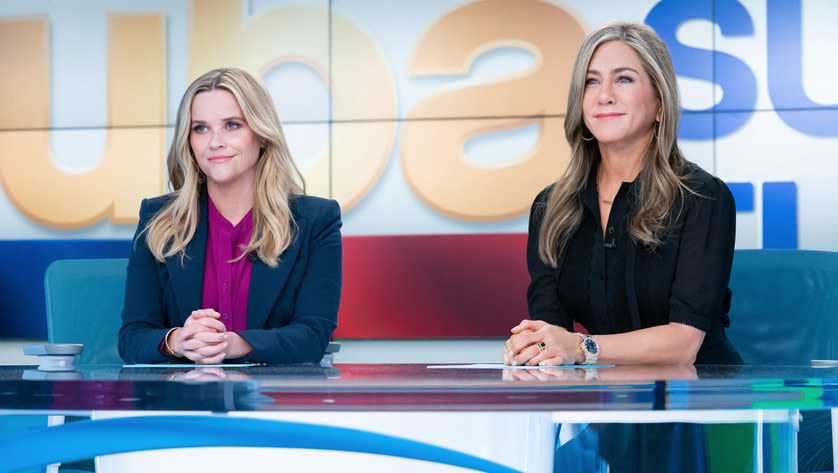
I’m not sure whether I actually recommend this show, exactly. Now that I’ve committed myself to it, I don’t think I’ll ever be free. I’m having a good time watching, for sure, but I’m also disturbed and angry and, at least three to five times an episode, turning to my dog and asking out loud what the everloving hell is going on.
The Morning Show is one of the most expensive productions in television history, costing upward of $150 million a season. The well-compensated A-list cast is partly to blame for that: Jennifer Aniston and Reese Witherspoon, who play dueling anchors on a fictionalized version of the Today show, each earn a cool $2 mil an episode.
It’s a lot of fun to see Aniston on television again, especially in this role: Alex is an intense careerist of the network’s old guard, mean and self-aggrandizing and still rocking a longer, more modern version of the Rachel. At one point in Season 1 she participates in an inexplicable but bizarrely delightful Sondheim duet with Billy Crudup. Crudup is also one of the show’s big delights, tasked with delivering over-the-top, Sorkinesque monologues: at the beginning of Season 2, streaming now on Apple TV+, he announces that the drama behind the scenes of the titular Morning Show, for which he’s a bigwig exec, is actually “a battle for the soul of the universe.” (In looking up that scene, I found a fancam of his character Cory’s best moments set to Billie Eilish’s “Bad Guy,” which feels exactly right.)
The battle of ultra-famous TV hosts for power and cultural relevance is a great concept for a show in 2021. Though its development began before the #MeToo movement was officially underway, the show has since incorporated its themes in sometimes baffling but often effectively devastating ways: Steve Carrell plays a Matt Lauer type, a beloved, friendly face to millions who becomes mired in a sexual harassment scandal of his own making. Unfortunately, his character, Mitch, does not really belong in the show anymore by the second season — his arc came to a natural conclusion long before Season 2’s laborious dragging-out of his pitiful soul-searching. I’m tempted to skip ahead whenever he’s onscreen.
This season, I’m really in it for Reese Witherspoon as Bradley Jackson, who has a steamy romance with another news anchor named Laura, played by The Good Wife’s Julianna Margulies. Their debates about whether Bradley should be publicly open about her queerness (or whatever she thinks of her own identity — so far, unclear) feel very five years ago, in a fun but also annoyingly ridiculous way.
In conclusion: This show is a mess. There are good actors working their way through bonkers scripts, which are mostly silly and overwritten but do have occasional moments of profundity. Soapy melodrama at its finest. —Shannon Keating
Where to watch: Apple TV+
Love Life (Season 2)
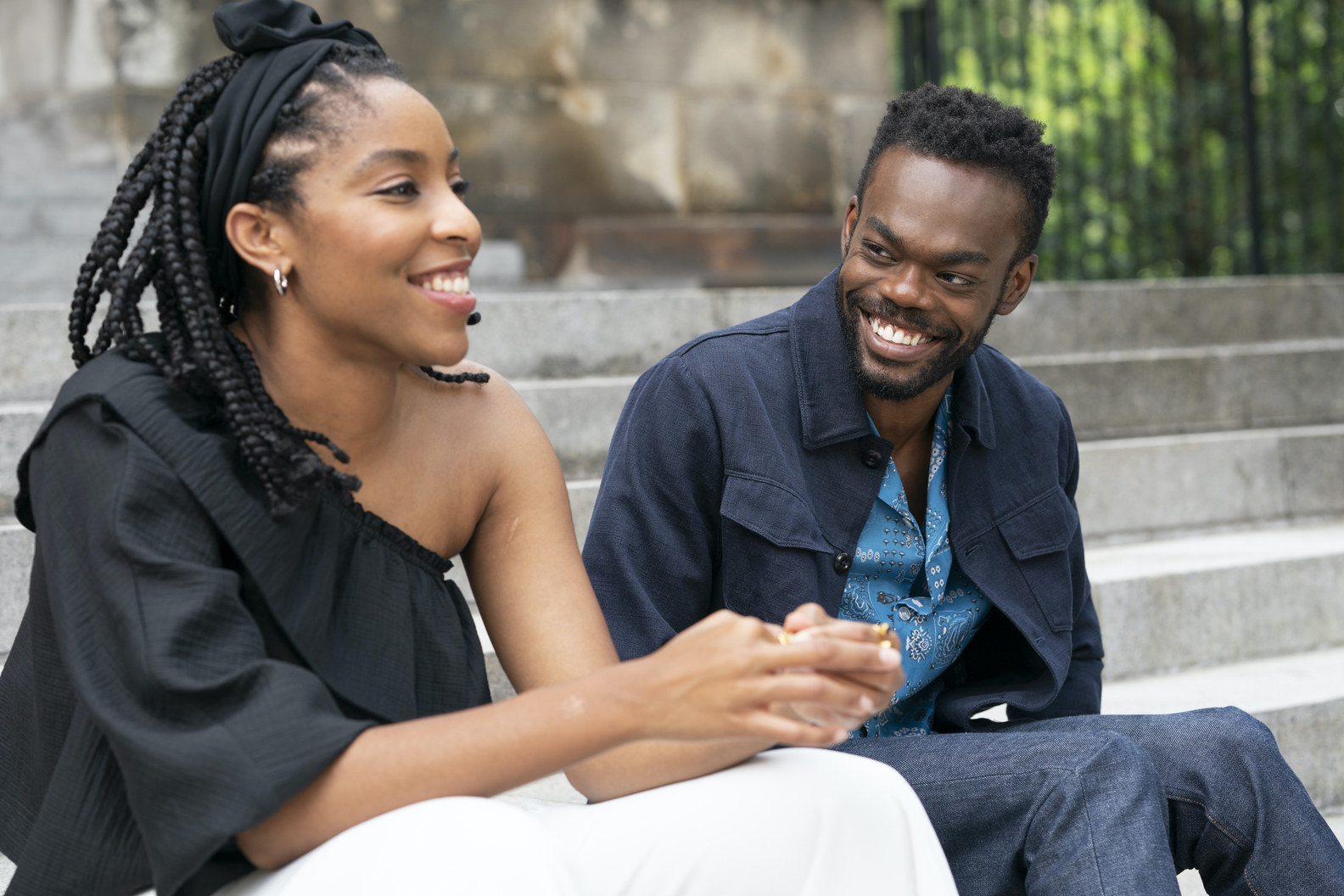
There was something initially kind of basic about the premise of Love Life, the HBO Max show that premiered during the pandemic last year. In the first season of the series created by writer Sam Boyd, Anna Kendrick played a hapless twentysomething in Brooklyn, living with two roommates and trying to find love. Even with Lesley Manville as the narrator, it seemed like yet another story of a young white woman in the Big City, with a few characters of color to make the mix interesting. But Love Life ended up being something surprisingly affecting; there’s a moving subplot about Darby’s best friend Sara (Zoë Chao) and her addiction to alcohol, and the character of Magnus (Nick Thune) was such a deeply familiar Brooklyn archetype.
The new season of Love Life breaks new ground by centering on Marcus (William Jackson Harper), a Black thirtysomething book editor married to a white woman, who has been feeling unfulfilled in his career and in his relationship. A chance encounter with a Black woman named Mia (Jessica Williams) at a wedding helps Marcus realize just how unhappy he is and precipitates an unfolding disaster. This new season, which brings in Mixed-ish writer Rachelle Williams is surprisingly frank about race; in the first few minutes of the season premiere, Jessica Williams’ character clocks Marcus’s wife with a pointed “makes sense” and I gasped out loud. Williams and Harper in particular have great chemistry. It’s still pretty rare to watch a show about romance featuring a Black man and with mainly Black love interests, and the writing is admirably nuanced about the realities of dating in a city like New York. Plus the old Aunt Viv plays Marcus’s mom, which is just a delight. —Tomi Obaro
Where to watch: HBO Max
Big Mouth (Season 5)
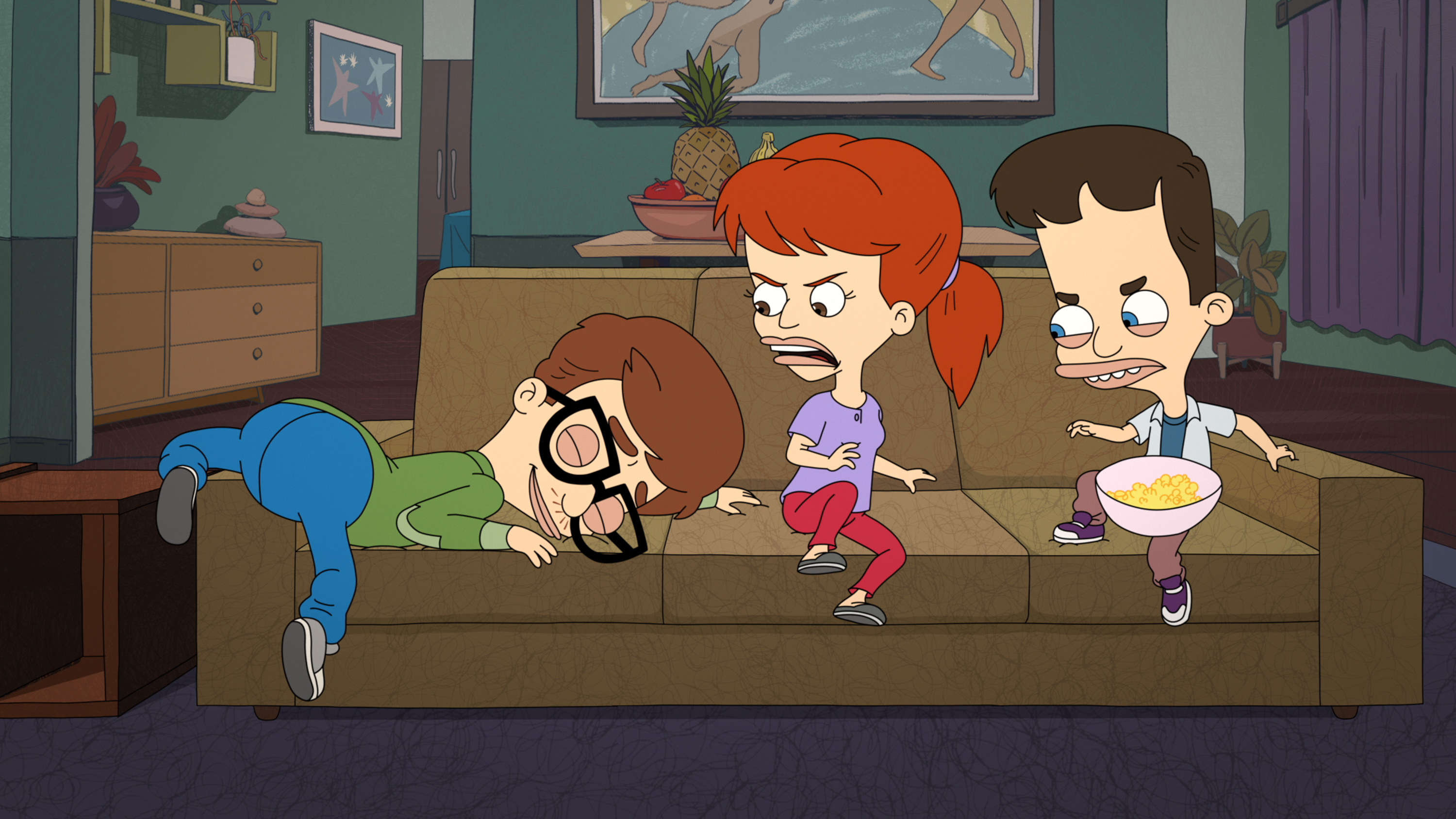
What I love most about this show about prepubescent middle schoolers is that it’s not afraid to be bold. The fifth season, which debuts this Friday, is no different. I previewed a couple of episodes, and although the show retreads familiar terrain (masturbation, shame, etc.), the writers are as sharp as ever, turning the awkwardness of puberty into brilliant comedy gold.
The first episode is all about self-pleasure; our preteen characters challenge one another to participate in No Nut November, a challenge where people abstain from masturbation for a month. Naturally none of the characters succeed at resisting the urge to scratch that itch, and later in the episode, Missy (Ayo Edebiri) who is often the voice of reason, correctly characterizes the challenge as something that "demonizes masturbation, which is a perfectly healthy activity.” Though the preteens fail, the episode becomes more about the characters figuring out their likes and dislikes, especially within the space of fantasy. There’s also a really hilarious scene where Nick (Nick Kroll), Jessi (Jessi Klein), and Andrew (John Mulaney) decide to watch Doubt in order to quell their carnal desires. In the second episode, the notorious Shame Wizard (David Thewlis) returns. He gets his mojo back after joining Coach Steve during a swim meet in order to make the kids feel incredibly insecure about themselves, as he is wont to do. It’s another episode in which we revisit a topic we’ve addressed before — shame — but what saves the episode from feeling like a been there, done that moment is that there’s always something people can feel bad about, especially when it comes to our sex and our bodies. There’s an endless well of material to make funny, and Big Mouth, once again, excels at that. —Michael Blackmon
Where to watch: Netflix
The Great British Baking Show (Season 12)
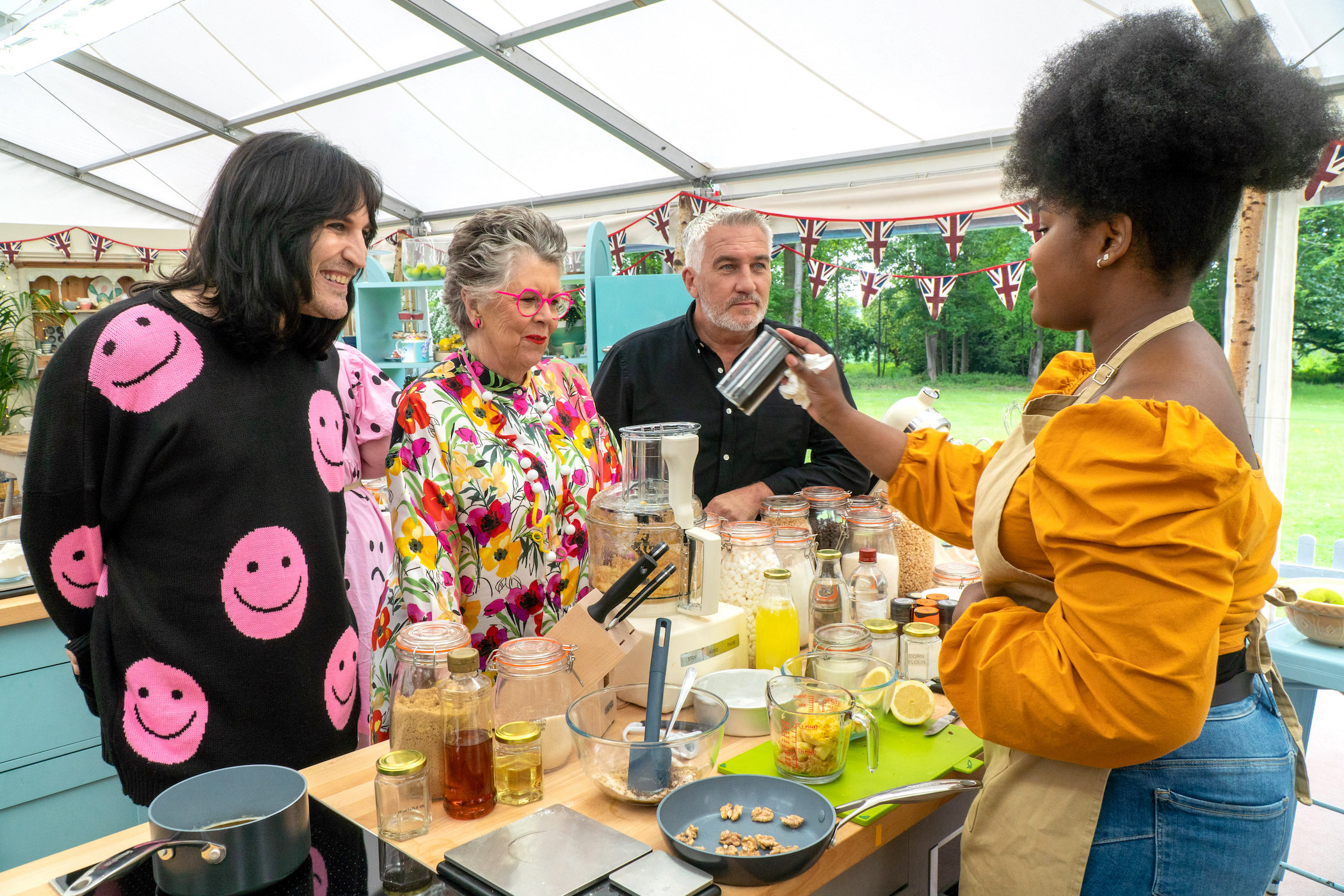
There’s little new to say about TV’s greatest regulator of our collective low blood pressure, except that as each year goes by, we (I) seem to need it even more. Nor has anything changed since the last season — Noel Fielding is still befriending contestants via elaborate, nonsensical jokes; Prue Leith continues her problematic but generationally understandable obsession with calories; Matt Lucas is constitutionally unable to read the room; we still miss Sandi Toksvig. And while the show’s more irritating elements also endure this year (one episode insists there’s such a thing as a “chouxnut”; Paul Hollywood’s handshakes are still, somehow, the arbiter of quality), the good things are also there, gentle and recurrent as the tide.
2021’s Baking Show cast is singularly lovable — no small feat given that contestants have historically been unimpeachable delights. It goes without saying that it’s a pleasure to watch these folks deploy the finesse, skill, and creativity they have honed through hours of amateur baking. But more than anything, this is a show that celebrates the pure, understated achievement of being deeply, deeply normal. The types we see here are more recognizable than astrological designations: the beautiful yet incredibly driven sister (Crystelle), the shrug emoji in human form (Lizzie), the vegan horse girl with a heart of gold (Freya), the guy turning curiosity into a passion (Chigs), or the meticulous thinker with a poet’s heart (Jürgen). No other TV show makes it feel more noble and precious to be a stock-standard normie who is just trying their best. Sorry, I know my biscuits are a little salty. I was crying in the kitchen last night, wasn’t I? —Estelle Tang
Where to watch: Netflix ●


